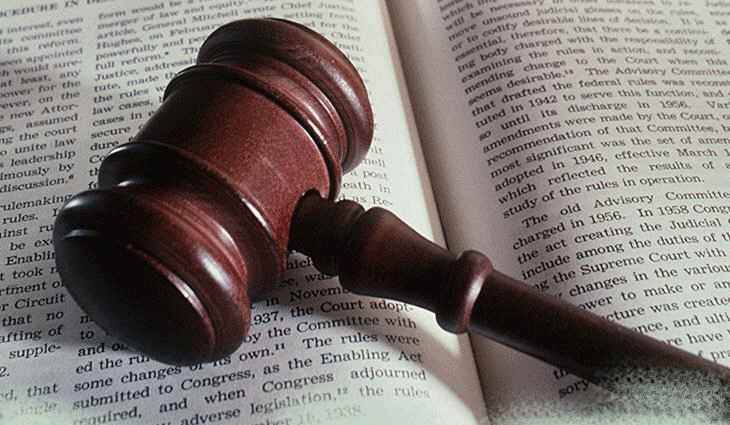
Teva Settles in Nexium Pay-for-Delay Lawsuit
Teva has become the second generics maker to settle a lawsuit alleging that it conspired with AstraZeneca to delay generic entry of its blockbuster heartburn therapy Nexium, a move that comes as the judge overseeing the case continues to dampen plaintiffs’ antitrust claims.
The Israeli firm didn’t reveal the terms of its deal, which follows a settlement by fellow generics defendant Dr. Reddy’s in October in the case brought by health benefit funds.
AZ and generics firm Ranbaxy are the only two remaining defendants in the 2012 lawsuit, In Re: Nexium (esomeprazole) Antitrust Litigation, that started oral arguments last month.
Industry has paid close attention to the case, in part because it tests what kinds of patent infringement settlements are permissible after the Supreme Court’s 2013 ruling in the FTC v. Actavis antitrust case. Some lower courts have interpreted that ruling as permitting settlements, as long as they don’t include a cash transaction in exchange for delayed generic entry.
Plaintiffs claim that AZ’s patent infringement settlements with generics makers as early as 2008 amounted to cash transactions. For instance, AZ’s settlement with Teva involved waiving part of the debt that the Israeli generics maker owed AZ for a separate patent lawsuit. In return, the agreements overall gave generics makers the ability to produce a version of Nexium by May 2014.
Another twist in the widely watched lawsuit came when the judge issued a ruling that found that Teva and Ranbaxy did not conspire in the alleged scheme. There is not enough evidence to show the two generics makers acted in any way that wasn’t in their own economic self-interest, the Massachusetts U.S. district court judge said.
Plaintiffs now can argue only that a conspiracy existed between AZ and the individual generics makers, rather than between the generics, said Kevin Nelson, a partner with law firm Duane Morris. That ruling and another in September limiting conspiracy claims have successively winnowed down the case from a broad antitrust lawsuit to one that is narrower and harder for plaintiffs to win, Nelson said.
Meanwhile, generic Nexium has still not hit the market. The product has been held up by legal squabbles and regulatory scrutiny applied to first-filer Ranbaxy, which is now fighting to reinstate its tentative approval for the therapy after the FDA revoked clearance over quality problems at the firm’s India plants. — Bryan Koenig
Originally appeared in Drug Industry Daily, the pharmaceutical industry’s number one source for regulatory news and information. Click here for more information.
